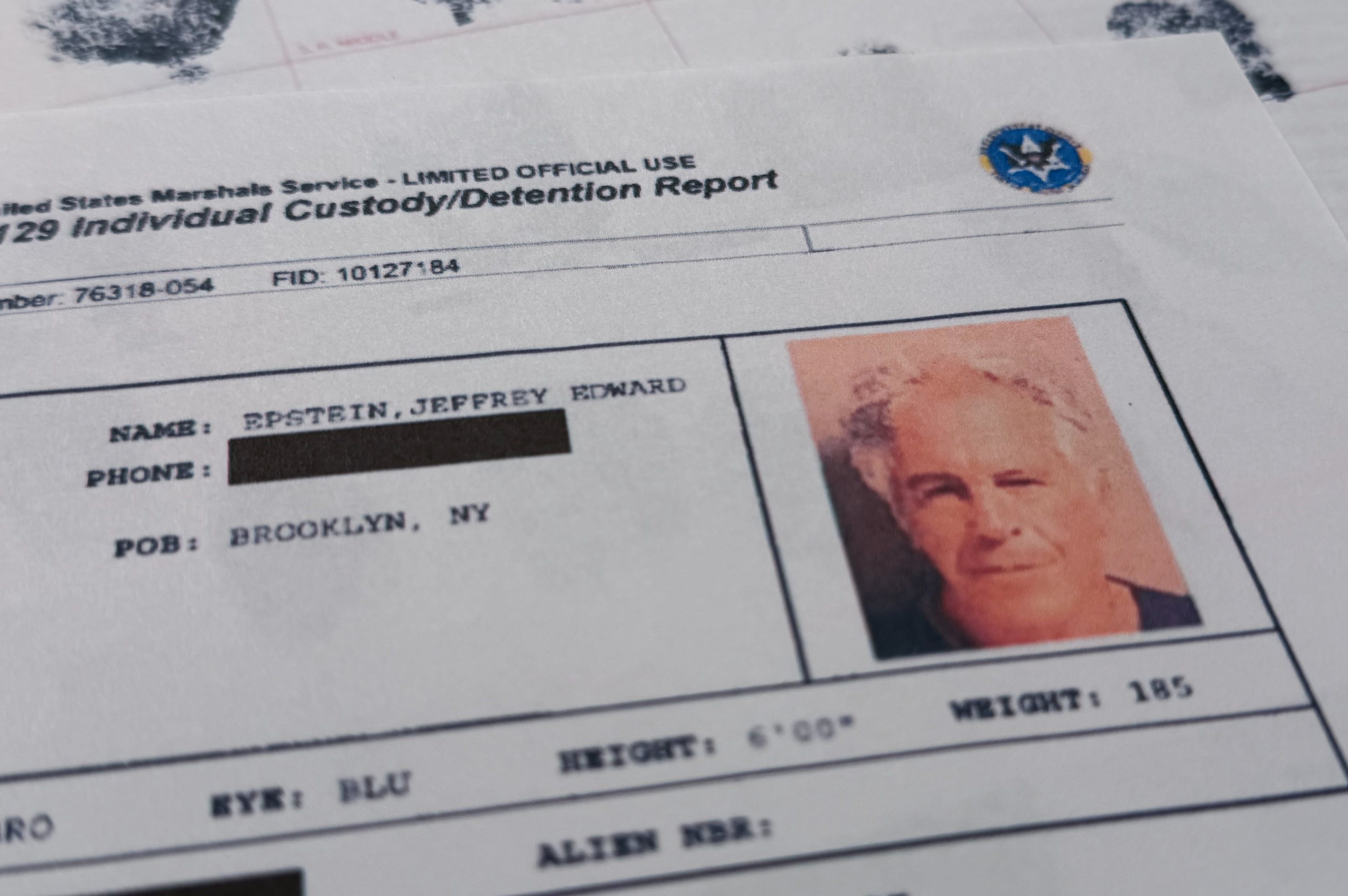Snapchat CEO Evan Spiegel must answer questions in Georgia crash lawsuit

Snapchat CEO Evan Spiegel must answer questions in a Georgia lawsuit about its former speed filter app, used by a teenage driver who crashed in Clayton County, leaving a man permanently brain damaged.
“According to (Snapchat’s) discovery responses, Mr. Spiegel is one of two (Snapchat) employees remaining at the company who conceived, proposed, and/or approved the speed filter which is the subject of this litigation,” Spalding County Judge Josh W. Thacker wrote in a July 17 order. “(Snapchat) has identified Mr. Spiegel as the only person who approved the eventual removal of the speed filter.”
Karen and Wentworth Maynard are suing Snapchat and Christal McGee after a September 2015 crash in which McGee, going 107 mph, hit Wentworth Maynard’s SUV on Tara Boulevard. McGee, then 19, was recording her speed through Snapchat’s speed filter when she rear-ended Wentworth Maynard, court records show.
The Maynards allege that McGee told her three passengers right before the crash that she was trying to go at 100 mph, to post it on Snapchat. One of the passengers told reporters in 2016 that she asked McGee to slow down after seeing through McGee’s phone that they were traveling as fast as 113 mph.
McGee pleaded no contest in 2018 to a criminal charge of serious injury by vehicle, court records show. Her attorneys did not immediately respond to questions.

Snapchat disabled its speed filter app in 2021, following widespread concern that it encouraged dangerous driving. The company contends that it warned against driving while using the app, which captured how fast someone was moving and allowed them to share that information.
The Maynards claim Snapchat was negligent in designing the speed filter. Their attorney, Michael Neff, said Spiegel “played a direct role in creating this hazardous feature and approving its eventual removal from Snapchat.” He said the ruling permitting Spiegel’s deposition is “a significant step in the march to justice.”
Snapchat wanted to limit the scope of Spiegel’s deposition in the case, in which other company representatives have already responded to more than 1,600 questions from the Maynards’ attorneys. The company sought a protective order for Spiegel, but Thacker sided with the Maynards, allowing Spiegel to be deposed for up to five hours.
A time and place for the deposition has yet to be agreed upon.
“In light of the broad, potentially unlimited information personally held by Mr. Spiegel, the court is unwilling to impose any guardrails on the (Maynards) with regard to the scope of the deposition – other than to state that Mr. Spiegel shall be deposed only on matters within his personal knowledge,” the judge said.
Snapchat denies that it is liable for Wentworth Maynard’s injuries.
In 2022, the Georgia Supreme Court ruled that Snapchat must face the Maynards’ claims. The court said a manufacturer has a duty in Georgia to use reasonable care when designing products, to reduce reasonably foreseeable risks of harm. The ruling reversed a 2020 decision by the Georgia Court of Appeals that Snapchat owed no duty of care to the Maynards.
Snapchat argued that its speed filter was no more harmful than a vehicle capable of going faster than 100 mph, pointing out that no court had ever held that manufacturers have a duty under the law to prevent cars from going that fast. The company said its speed filter was misused by McGee, who failed to heed its warning not to use the app while driving.
The Georgia Chamber of Commerce supported Snapchat’s argument, telling the state Supreme Court that because McGee criminally misused the Mercedes-Benz she was driving at the time of the wreck, Snapchat is not implicated under Georgia’s product liability law. The agency said Snapchat had no duty to protect the Maynards from McGee’s intentional, criminal operation of a vehicle and misuse of the speed filter application.
The Maynards claim Snapchat knew before McGee’s 2015 crash that its speed filter had caused other crashes, some fatal.
In April 2023, Snapchat confidentially settled a similar case filed in California after three young men were killed in a 2017 crash while one of them was recording their speed on Snapchat’s speed filter.
More Stories
Keep Reading



